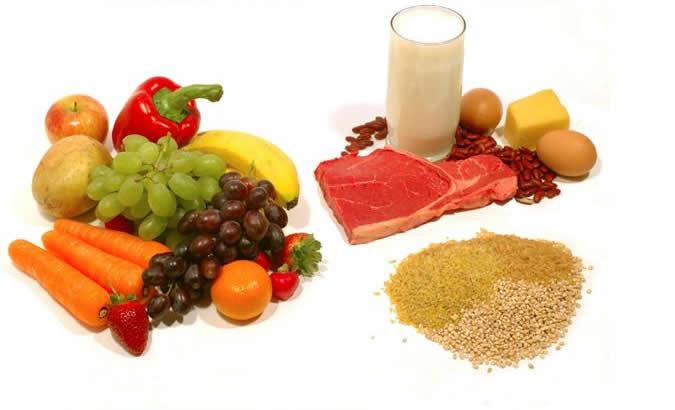Podcast 42: Will Immunity-Boosting Foods, Supplements and Super-dosing prevent COVID-19?
As we move through the rollercoaster ride of what’s been the last year and take
 What you eat impacts how healthy your heart can be. Blood pressure, cholesterol levels, and blood sugar levels all play a role in maintaining a strong healthy heart rate. So in a society surrounded by “convenience, high-fat, high calorie” foods, how can we do our part to feed our bodies with the proper nutrients to ensure optimal health? Incorporating ‘Super Foods for Heart Health’ is the first step you can take on your path to healthy eating:
What you eat impacts how healthy your heart can be. Blood pressure, cholesterol levels, and blood sugar levels all play a role in maintaining a strong healthy heart rate. So in a society surrounded by “convenience, high-fat, high calorie” foods, how can we do our part to feed our bodies with the proper nutrients to ensure optimal health? Incorporating ‘Super Foods for Heart Health’ is the first step you can take on your path to healthy eating:
* Whole Grains: 100% Whole grain products, including the germ and bran of the grain (look for these on ingredient labels), such as Stone Ground Bread, help to lower blood cholesterol levels while sustaining blood sugar levels. Oatmeal, whether old-fashioned oats or instant, is an excellent source of soluble fibre which helps to lower cholesterol levels.
* Fruits and Vegetables: Green leafy vegetables, those darker in colour, and fruit are a wonderful source of essential vitamins and minerals our bodies need on a daily basis. Citrus fruits are rich in potassium which helps to lower blood pressure, and contain folate. Folic acid decreases inflammation in the arteries, improving the overall blood flow to the heart. Also, incorporate the edible skin of fruits and vegetables to add to your daily fibre intake.
* Healthy Fats: We do need a certain amount of ‘good fats’ in our diet for healthy functioning. These include mono– and polyunsaturated fats found in extra-virgin olive oil, avocados, almonds, non-hydrogenated margarine, omega-3 sources (cold water fish such as salmon and trout), flaxseed and soybean oils. These ‘healthy fats’ help to absorb fat-soluble vitamins such as Vitamins A, D, E and K, and improve cholesterol levels, lowering bad (LDL) cholesterol and strengthening our heart. Stay away from Saturated and Trans fats as best as you can, which contribute to raising cholesterol levels as well as the amount of adipose tissue in our bodies.
* Milk, Meat and Alternatives: It is very important to read the nutrition labels of milk products and meat products. Choose low-fat dairy products whenever possible, opting for condiments such as mustard, hummus and avocado slices as finishing touches to your sandwich. Meat products are important components to our daily nutrition, providing a large source of protein, essential for building and maintaining muscle and body tissue. Choose lean, well-trimmed cuts of meat which are low in saturated fat, helping to lower cholesterol levels while providing a good source of iron.
As we move through the rollercoaster ride of what’s been the last year and take
The uncertainty of COVID-19 has impacted everyone differently, but from a food security perspective, many